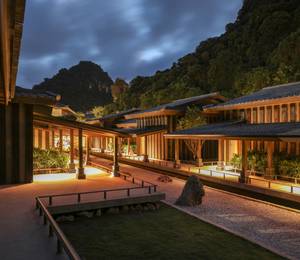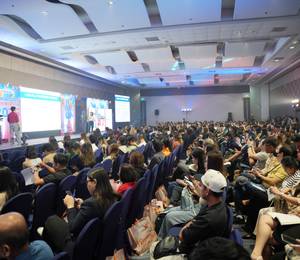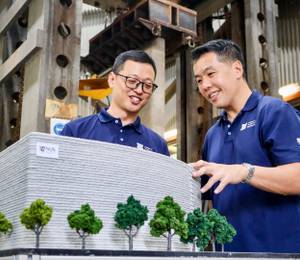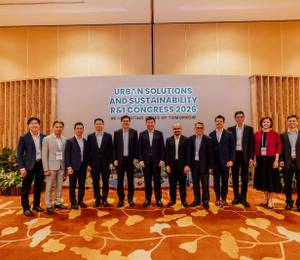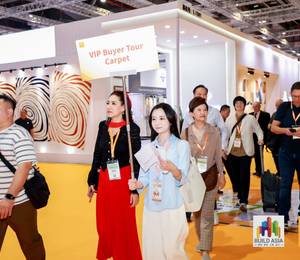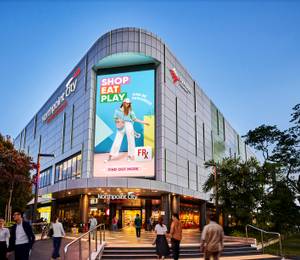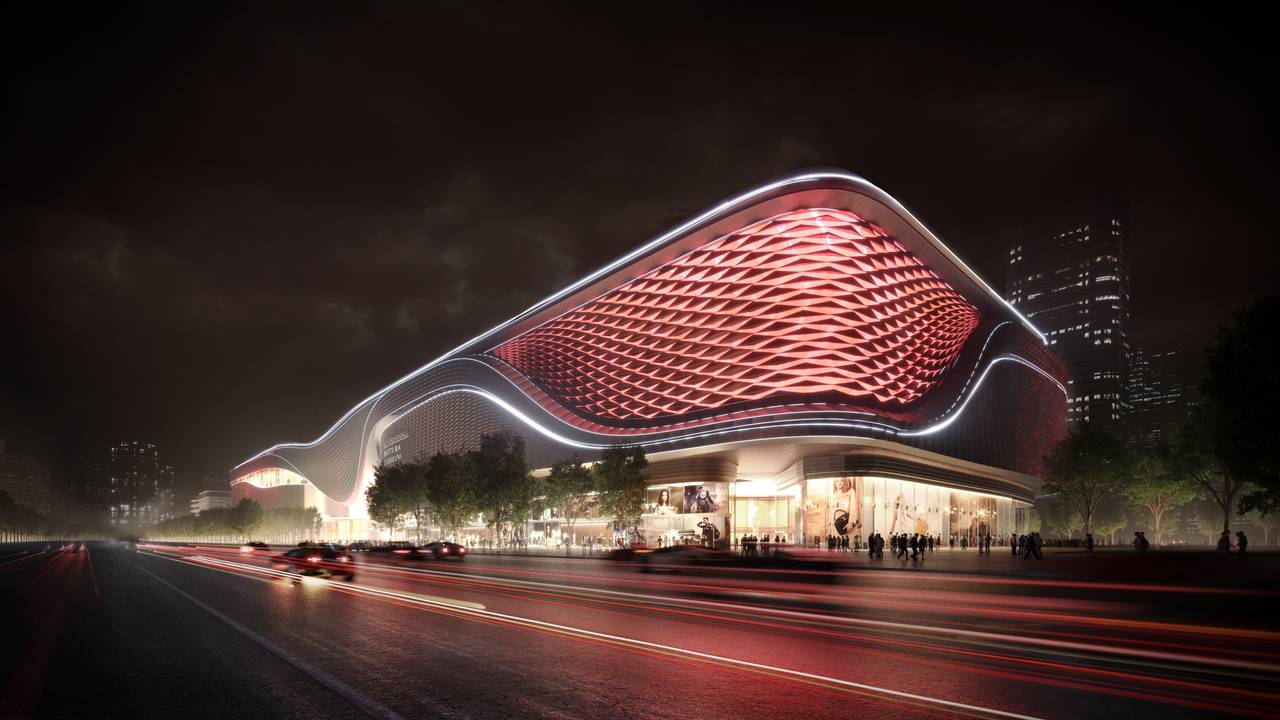Hong Kong – International architecture practice, 10 Design, has unveiled winning scheme for China Fortune’s 243,768 square metres contemporary mixed use destination as part of the wider redevelopment of an old military airport in Nanjing, China.
The initial scheme envisions three interconnecting buildings linked by a sunken street, incorporating office, retail, and cultural spaces. Adjacent to a Chinese history museum on one side and a shopping mall on the other, this mixed use project will run parallel to the remaining runway, which has been kept in its original form as a historic feature.
Jointly led by two Design Partners, Chin Yong Ng and Lukasz Wawrzenczyk, the redevelopment has been designed with the central theme of echoing the past whilst reflecting the future for the city of Nanjing. This important commercial asset will provide the city with a new cosmopolitan landmark; and in parallel, it responds to the cultural richness of its landscape.
With two underground railway stations embedded into the site, connectivity is one of the key design drivers. The design includes a central corridor positioned directly on top of one of the railway tracks, providing a feature passageway for commuters to navigate through the three buildings.
The competition scheme also includes dual facades, with one facing the historic runway on a pedestrian scale and the other facing the city, with each side responding to its surroundings.
Central skylights with hallmark trees are placed across the buildings to bring natural light into the deeper levels. Atop of each building, a fully accessible rooftop garden will connect the lower floors with the outdoor space, blurring the distinction between interior and exterior throughout the mixed use destination.
The initial scheme also promotes sustainable initiatives, featuring a water plaza which collects water, a solar energy production area on the roof which generates energy to cool the building during the summer and a green environment so that plants can introduce purified air.
